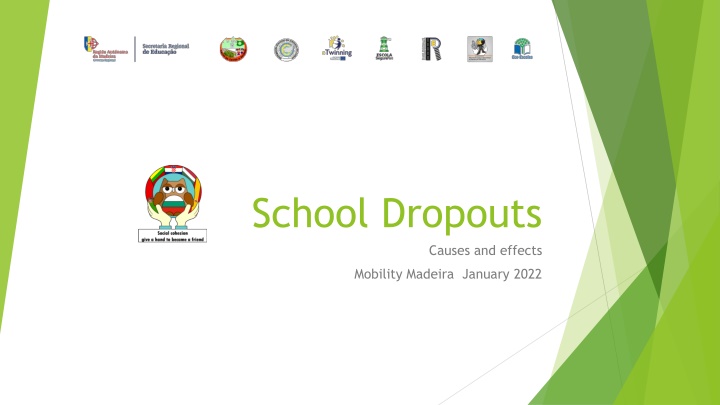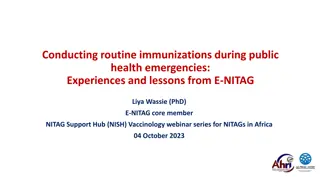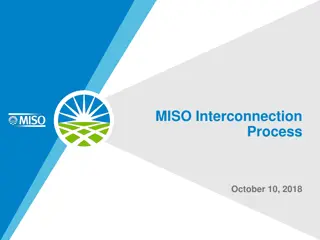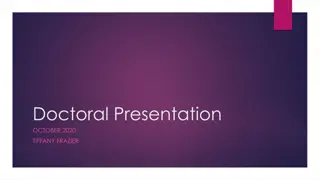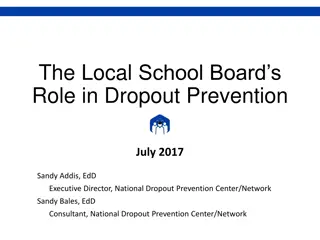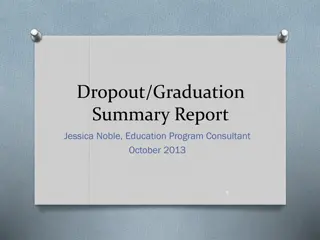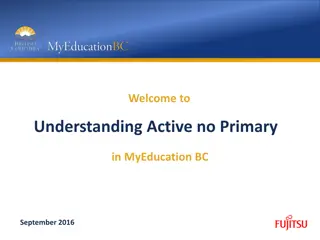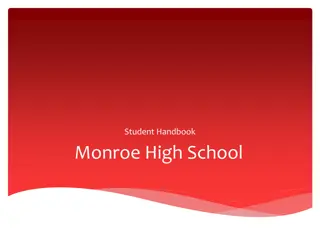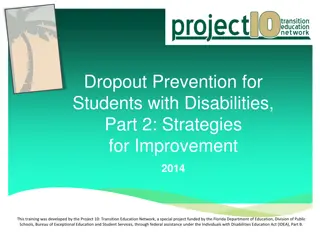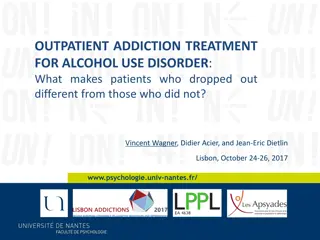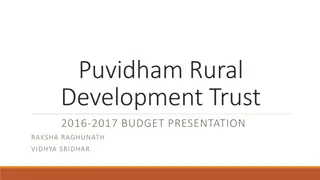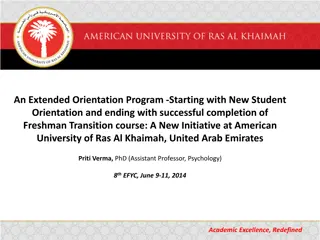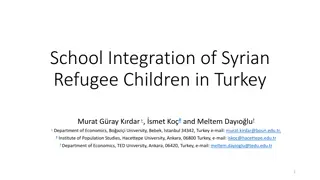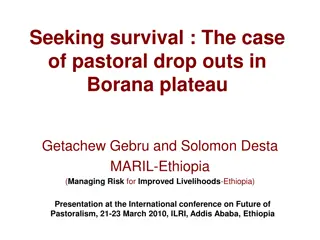School Dropouts
In Portugal, thousands of students drop out of school annually due to various reasons such as lack of financial means, family support, and information dissemination. Factors like delays in cognitive development, adolescence instability, family conflicts, and low teacher and school expectations contribute to the high dropout rates. Understanding these causes is crucial for addressing the challenges faced by students in the education system.
Download Presentation

Please find below an Image/Link to download the presentation.
The content on the website is provided AS IS for your information and personal use only. It may not be sold, licensed, or shared on other websites without obtaining consent from the author.If you encounter any issues during the download, it is possible that the publisher has removed the file from their server.
You are allowed to download the files provided on this website for personal or commercial use, subject to the condition that they are used lawfully. All files are the property of their respective owners.
The content on the website is provided AS IS for your information and personal use only. It may not be sold, licensed, or shared on other websites without obtaining consent from the author.
E N D
Presentation Transcript
School Dropouts Causes and effects Mobility Madeira January 2022
School Dropouts In Portugal, every year thousands of students drop out of school due to lack of financial means, lack of family support, poor dissemination of information and alternatives and their own lack of will. The high dropout rate compromises not only the country's development, but also its education system.
Causes Students - Delays in cognitive development. Psychotechnical intelligence scales have been pointed out as a good indicator to identify these individual causes of school failure. The problem is that the vast majority of students who fail in school results, have normal development.
-The instability characteristic of adolescence is among the many individual causes of failure. It often leads pupils to reject school, to disinvest in the study of subjects and often to indiscipline. Devaluation of the school and the teaching profession. This devaluation on the part of governments and the community makes students disrespect teachers and the school itself. The increase in unemployment leads students and their families to devalue education because a person with studies does not mean having a job.
Family -Authoritarian countries, family conflicts, litigious divorces, are some of the causes that can lead to the pupil feeling rejected and starting to lose interest in his/her school career, adopting undisciplined behaviour. The social origin of the students has been the most used cause to justify the worst results, especially when they are obtained by students from low- income families.
Teachers - The management of discipline in the classroom is another factor which has a great influence on students' academic performance. But we are far from being able to say that a completely disciplined classroom is one where academic failure disappears. - Teaching methods, teaching resources, communication techniques that are inappropriate to the characteristics of the class or the individual student are also part of a wide range of causes
Schools - Teachers' and pupils' expectations of the school are low. In schools where this happens the results will tend to confirm what everyone expects. - The high number of pupils per school and class also tends not only to increase conflicts, but above all to decrease individual performance.
Conclusion No one can doubt that today's society is based on a set of values that discourage study and promote failure at school. Fun, Individualism and Consumerism, three essential values in today's society, are completely opposed to what school means: reflective attitudes, an incessant search for knowledge and values.
Agenda Agenda- Madeira Mobility- 24-28 january 1st day - Monday 9am- Departure from hotel 9h30- Arrival at school 10h- 11h- Opening Ceremony: Each partner will introduce their school to everyone present. 11.00-11.30h-Multicultural Coffee Break (all participants bring some typical food from their country to share) 11.30h-12h15 - Portuguese Language Class 12.15-13.15- Ice-breaking activity: Finest Arts ativity: Platic class 13h15- Lunch at Estreito de C mara de Lobos 15h- Return to the Hotel Free Time
2nd day - Tuesday 9am - Hotel 9h30- 10h30- Lesson on Madeiran Chordophones - lvio Jesus 10h30- 11h30- Coffee Break- Some delicacies made by parents to share at lunch time. Curricular teachers are responsible for parents' participation in the multicultural snack 11.30-13h- Creation of "International Art Corner" Multidisciplinary lesson with plastic arts for students- Exhibition Casa da Cultura de Camara de Lobos from 27 to 13 February 13h-14h Lunch 14h-15h- Visit CR7 Museum 15:30- 17h Visit 3Dfun Art Museum
Day 3 - Wednesday 9am- Hotel 9am - 4pm- Magic of the colours of nature - visit to Porto Moniz
4th day - Thursday 9am - Hotel 10h- Visit to Camara de Lobos City Hall 10h30-13h- Trekking from old city to the fishing village - C mara de Lobos 13h-14h- Lunch 14h - 16h30- Visit to the most important places in C mara de Lobos (Cabo Gir o, Eira do Serrado, Curral das Freiras)- 16h30- Return to hotel 16h30- Return to the hotel
5th day - Friday 9am- Hotel - School School: Students: 9.30-10h- Geocaching Activity: GPS based urban games are used to find hidden treasures and reveal parts of stories and legends about our country 10.30-11.30am- Creation of a digital minidictionary of the Portuguese language.
Mobility Evaluation https://docs.google.com/forms/d/e/1FAIpQLSfdh_HxabkODihcQtrvQf_QFiueLLvvvpmno9rYh m91KMdP9A/viewform
Next Mobilities Croatia De 6th a 12th de March de 2022 Portugal (M rcia Anjo and S nia Vieira+ 3 students Basque Country 25 to a 30 de April . Portugal (same teachers) Lithuania 23rd to 28th May - Portugal (same teachers)
